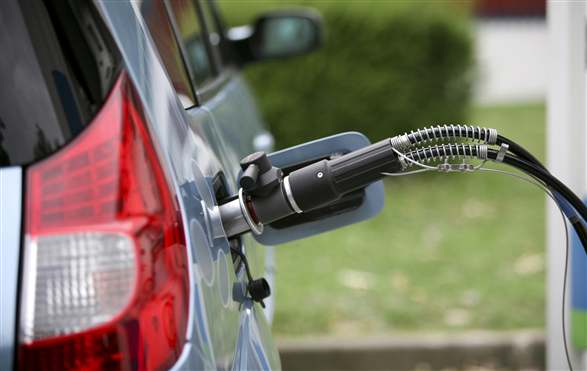More than 1.5 million hydrogen-powered cars could be on UK roads by 2030, a Government-industry study has found.
The first hydrogen fuel cell vehicles could be on British roads as early as 2015, with sales of hydrogen-powered cars accelerating rapidly after 2025.
The report is the work of UKH2Mobility, a consortium made up of Government departments, technology providers, hydrogen providers and car manufacturers. The consortium predicts that around 10,000 hydrogen cars will be sold every year by 2020, with sales reaching 100,000 annually by 2025.
There are a number of issues which fuel cell vehicles must overcome if they are to become a mainstream alternative to liquid fuelled cars, with the major obstacles being the cost of the cars, demand and infrastructure.
In terms of cost, hydrogen cars will be more expensive than their diesel and petrol counterparts, but buyers will be entitled to a grant from the Government to mitigate the cost. The price of the cars will undoubtedly decrease over time, as will the price of hydrogen. By 2025, it is expected that hydrogen will cost around the same as diesel.
Creating a refuelling infrastructure is the major stumbling block, but the Government is hoping to have 65 hydrogen stations by 2015, followed by 330 in 2025 and 1,150 in 2030.
Business Minister Michael Fallon MP highlighted the economic advantage of adopting fuel cell vehicles, saying: "The transition to ultra-low emission vehicles has already begun. It has the potential to create really significant new economic opportunities for the UK, to diversify national energy supply and to decarbonise road transport. The findings released today demonstrate that hydrogen fuel cell electric vehicles can make a significant contribution to this."








